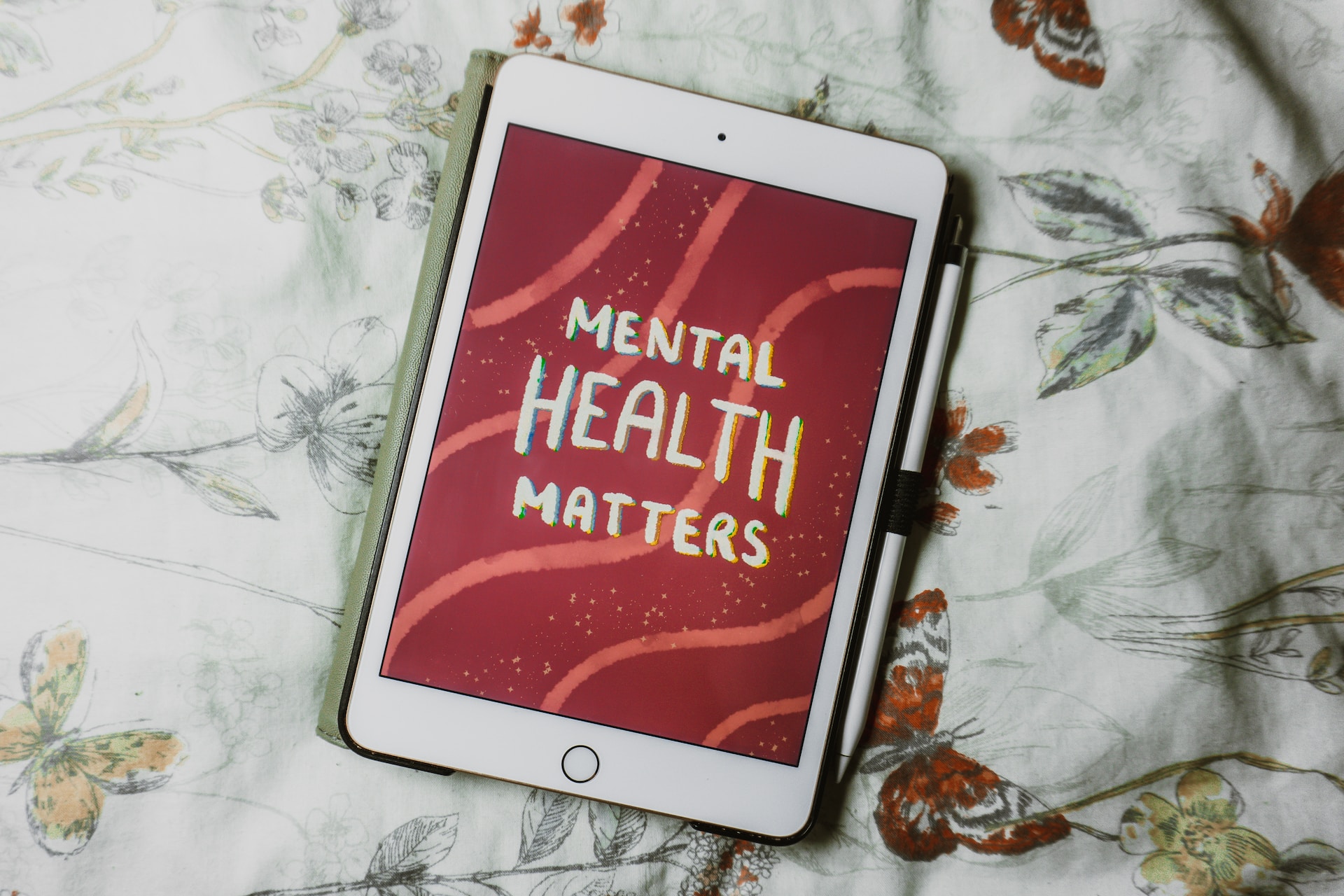Meditation isn’t something we usually jump for joy about. The idea of sitting still with our inner thoughts, is not only something we are not typically taught in school, but it can be a real challenge, and intimidating to say the least. That said, studies do show that once an individual commits to a daily mindfulness routine and begins to meditate daily, it becomes more necessary, and something one looks forward to, gradually discovering it’s benefits. What was once thought of as a spiritual tool and personal preference, is now universally accepted for strategic health, and an enjoyable method of self-care. So why exactly do we need meditation in our lives and how does it provide this deeper satisfaction?
Local author and professor, Ronald Alexander Ph.D claims that all human beings possess a quality he terms the “wanting mind”. This part of our consciousness is responsible for unwholesome thoughts and festering desires, which focuses on what we think we could accomplish if only we had the right job, money, partner, opportunities etc, and dwells on the obstacles that keep us from finding complete happiness. The wanting mind is what holds on to negative aspects of our past, a hamster wheel of regrets, and those things that lie just out of our grasp and that we cannot change. This is ultimately the part of us that keeps us from being present, and happy in the now. Dr. Alexander has been writing about this subject and conducts trainings in Mindfulness meditation as a way of teaching people how to regain control over these unhealthy mind habits. He suggests that practicing such methods regularly allows us to stop being distracted by intangible associations to our distress and rather enter a transformative state of open mind.
So what does opening the mind through meditation actually provide? Scientifically, it is shown to change the structure of the prefrontal cortex. This part of our brain becomes active during meditation and begins to develop the area that is responsible for understanding, compassion and self observation and as a result decreases stimulation to the area of the brain typically responsible for fear, depression, pessimism and self-judgment. Our sense of well-being is enhanced and we begin to explore more creative thinking and positive thinking becomes increasingly more natural. Another physiological benefit is that meditation lowers cortisol levels. High levels of cortisol have been connected to excitement of the nervous system in a negative way that increases stress. Our adrenal glands are weakened as a result and our body becomes less equipped with its natural self-repair mechanisms to fight off infections and kill stray cancer cells. Ultimately by keeping cortisol levels low we prevent disease, preserve our bodies from aging too quickly, and find a greater ease and physical comfort in living.
Another perk of meditation is the gradual practice of being in the now, and learning control over present situations. For those unhappy with compulsive habits, learning to meditate teaches them how to control cravings and urges, and makes one less likely to give in to immediate pleasure. Negative emotions are soon replaced with feelings of tranquility and gratitude, as is the ability to see good from internal sources instead of seeking it in external ones. This practice betters ones ability to determine just what they are attached to and the process to letting go begins to come into sight. Attention span is also heightened and memory gradually improves over time. We can find hidden areas of resistance when we learn to focus, and see just where we may be standing in our own way. Once this comes clearly into focus, the ability to see solutions finally appears as a solid reality. Though stillness is such an elusive practice of mental strength, it has so many benefits that make mindful meditation worth a try.
These days Meditation groups are becoming more popular, and can be a good way of meeting likeminded individuals and enhancing ones social life. For something that has so many advantages, it is a surprise it costs literally zero dollars. It is a flexible and free activity that we can do alone or with others and that will never make us feel bad about ourselves. Talk about cheap happiness, cheap fun, and the kind of addiction that can lead to longer life. Count me in. Om.




